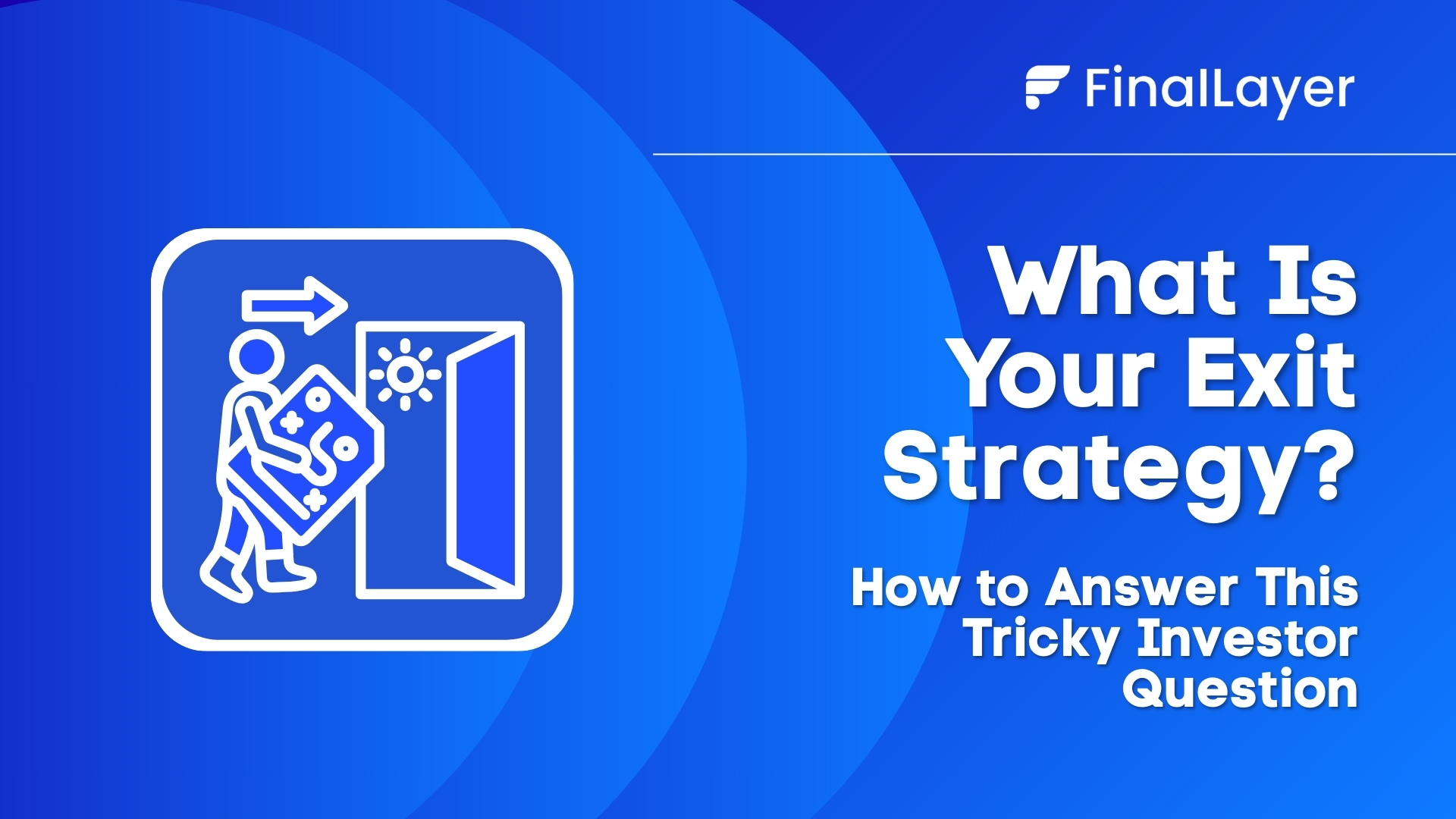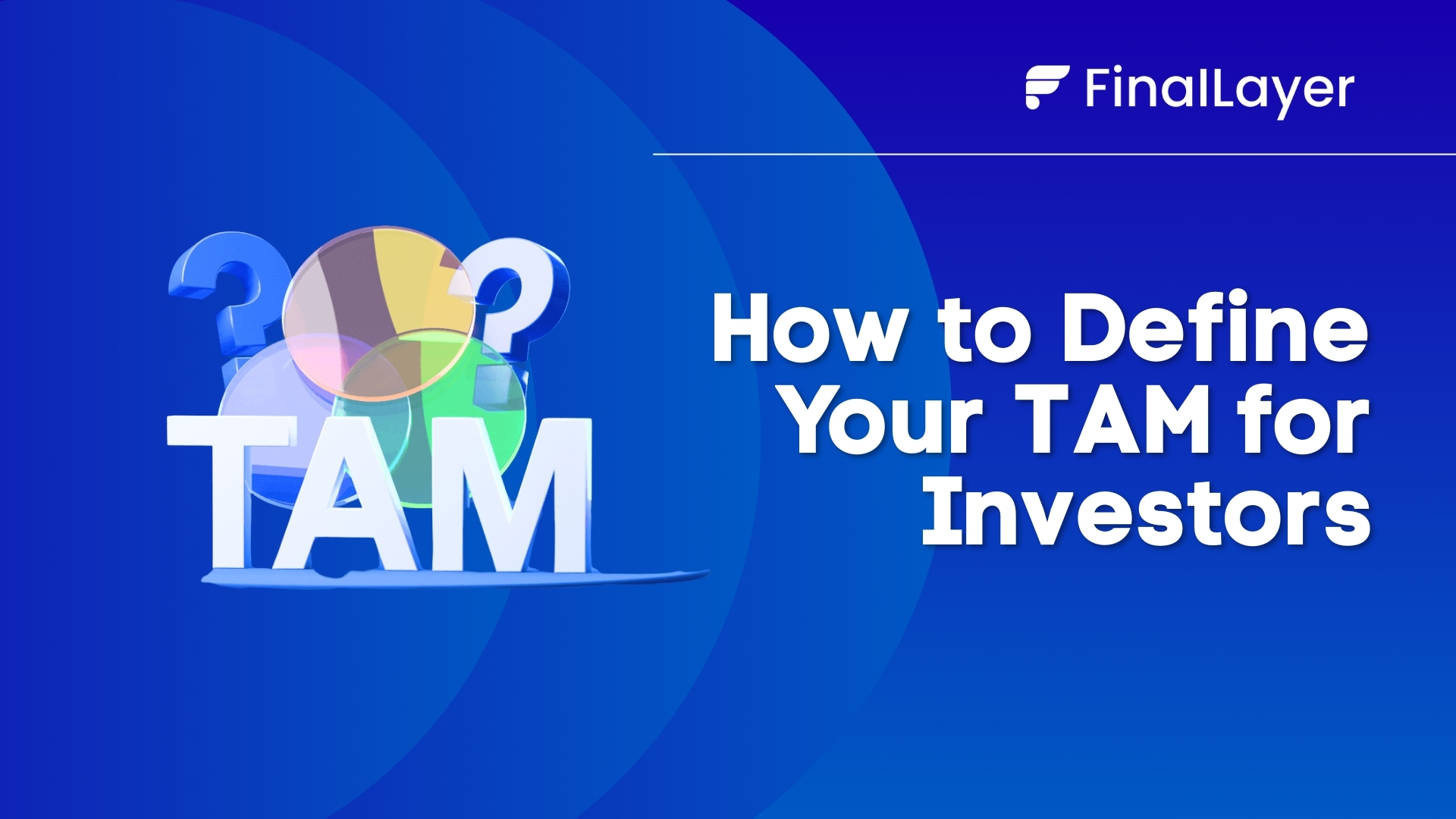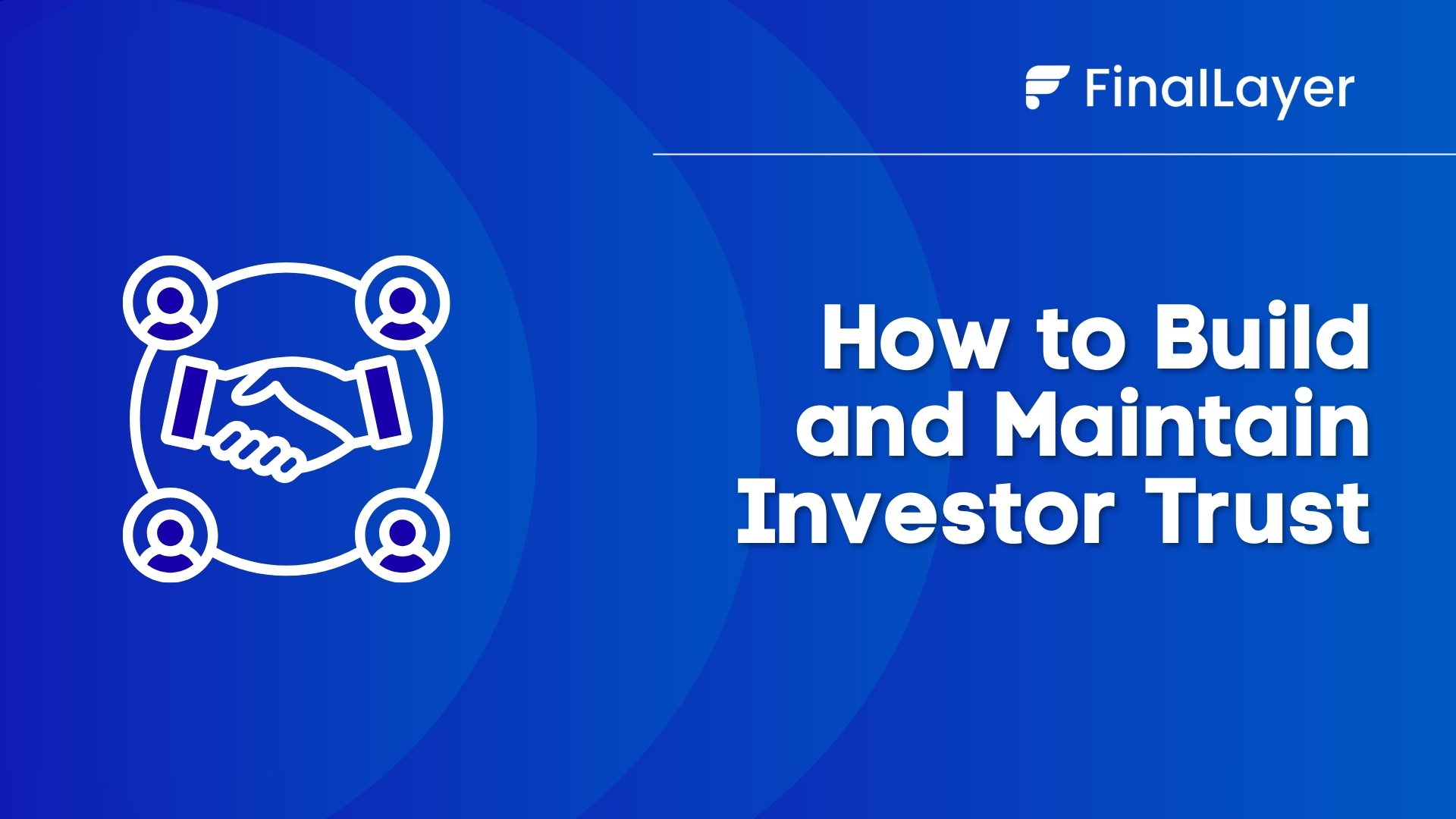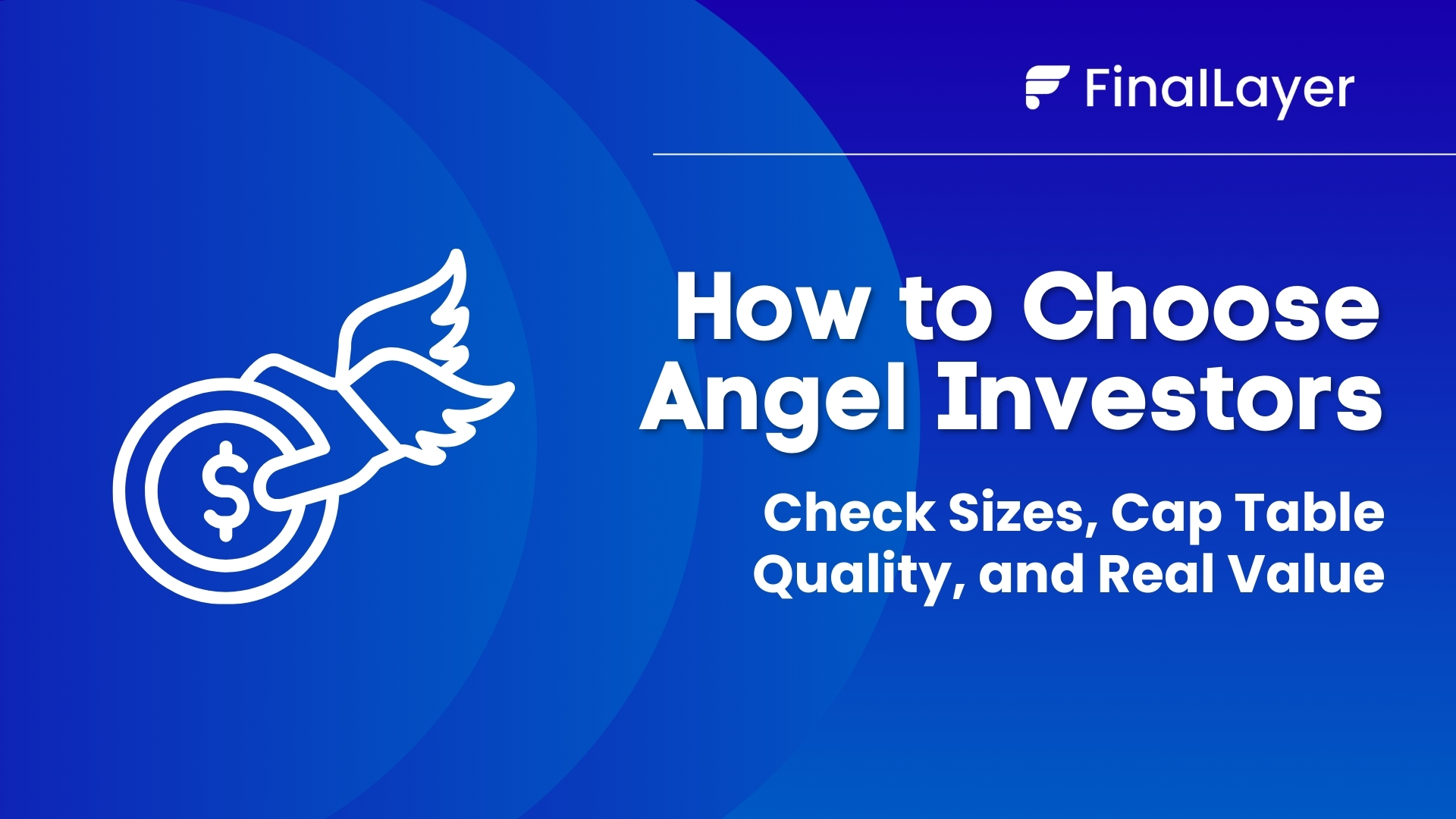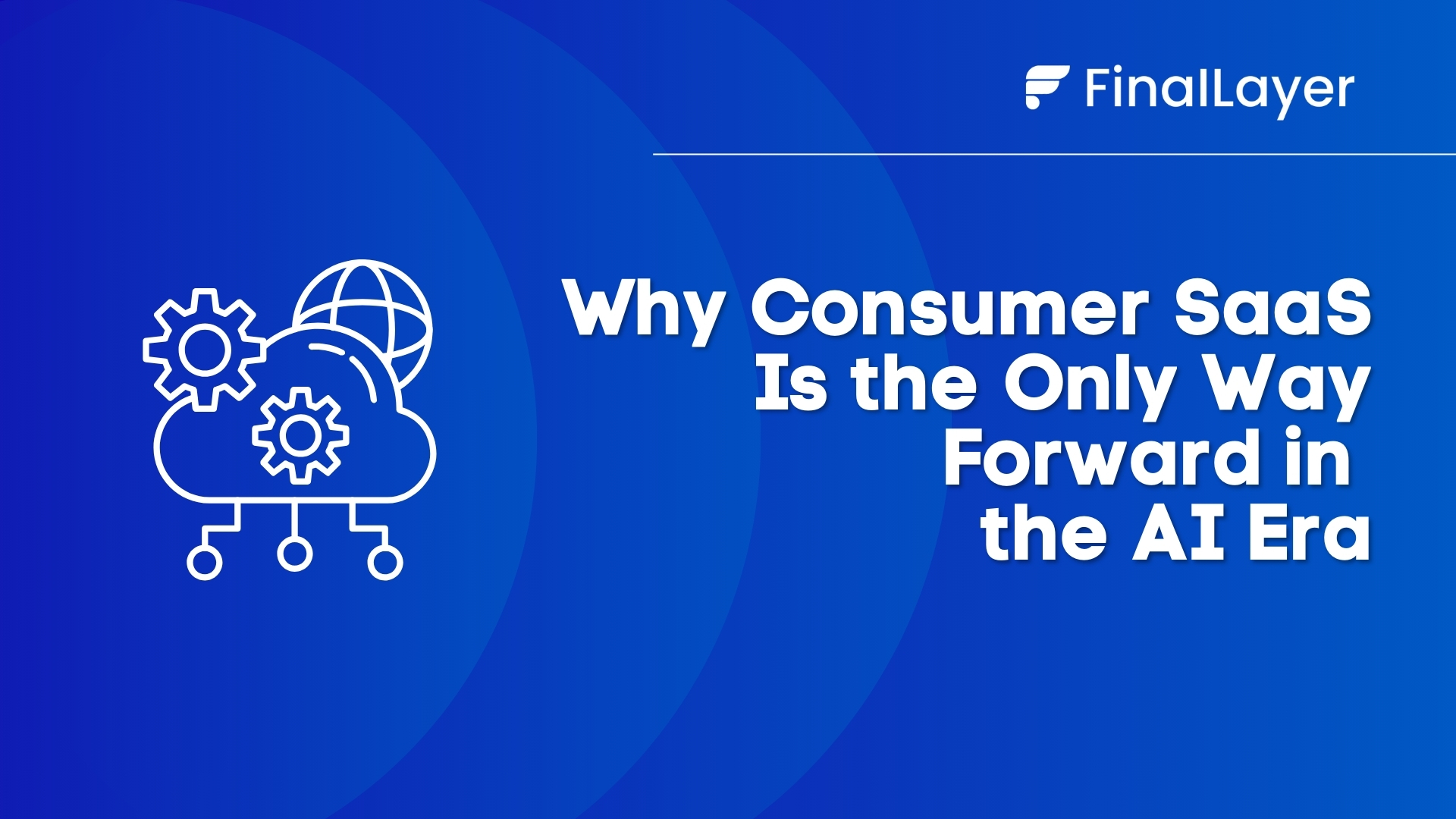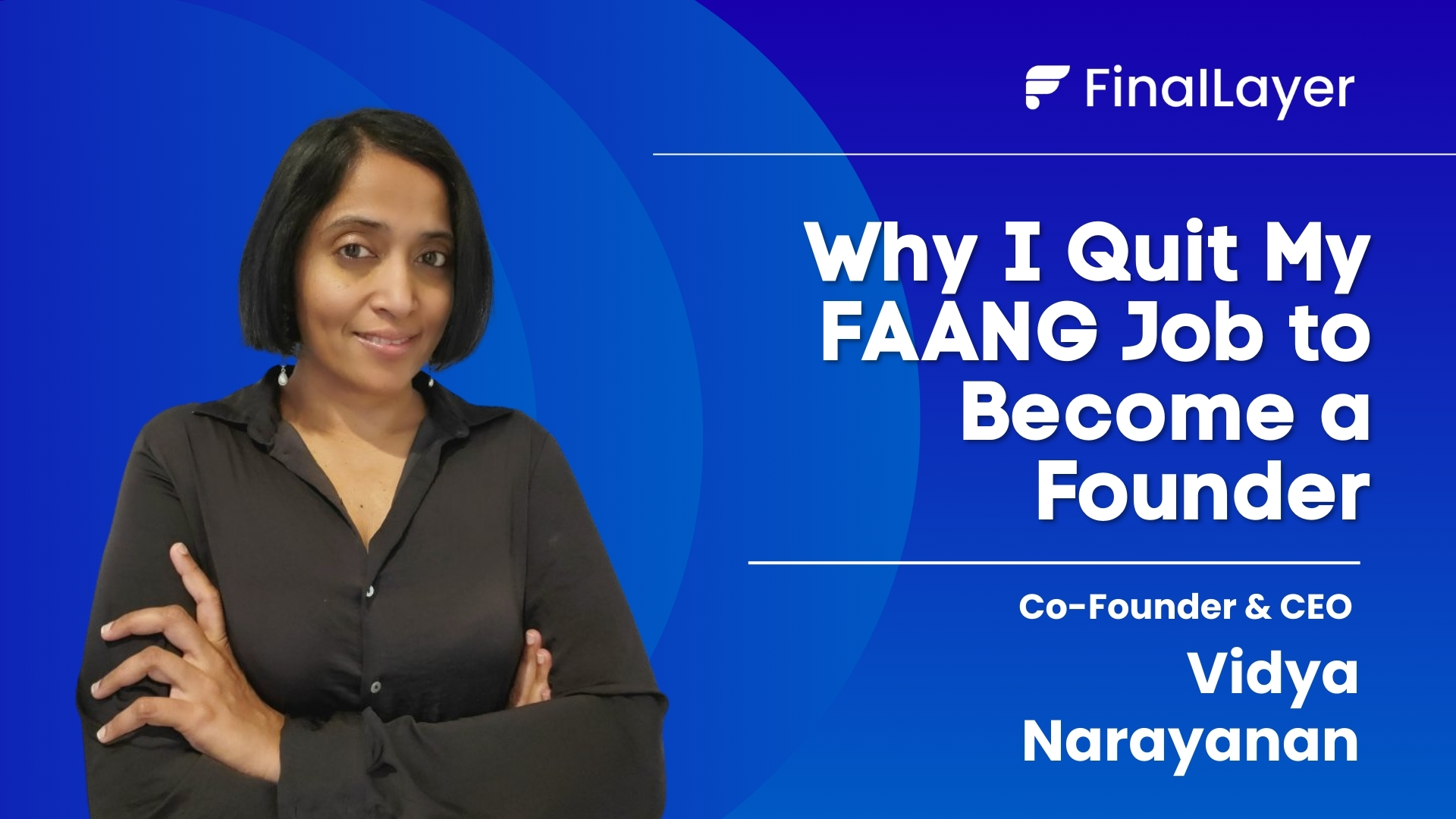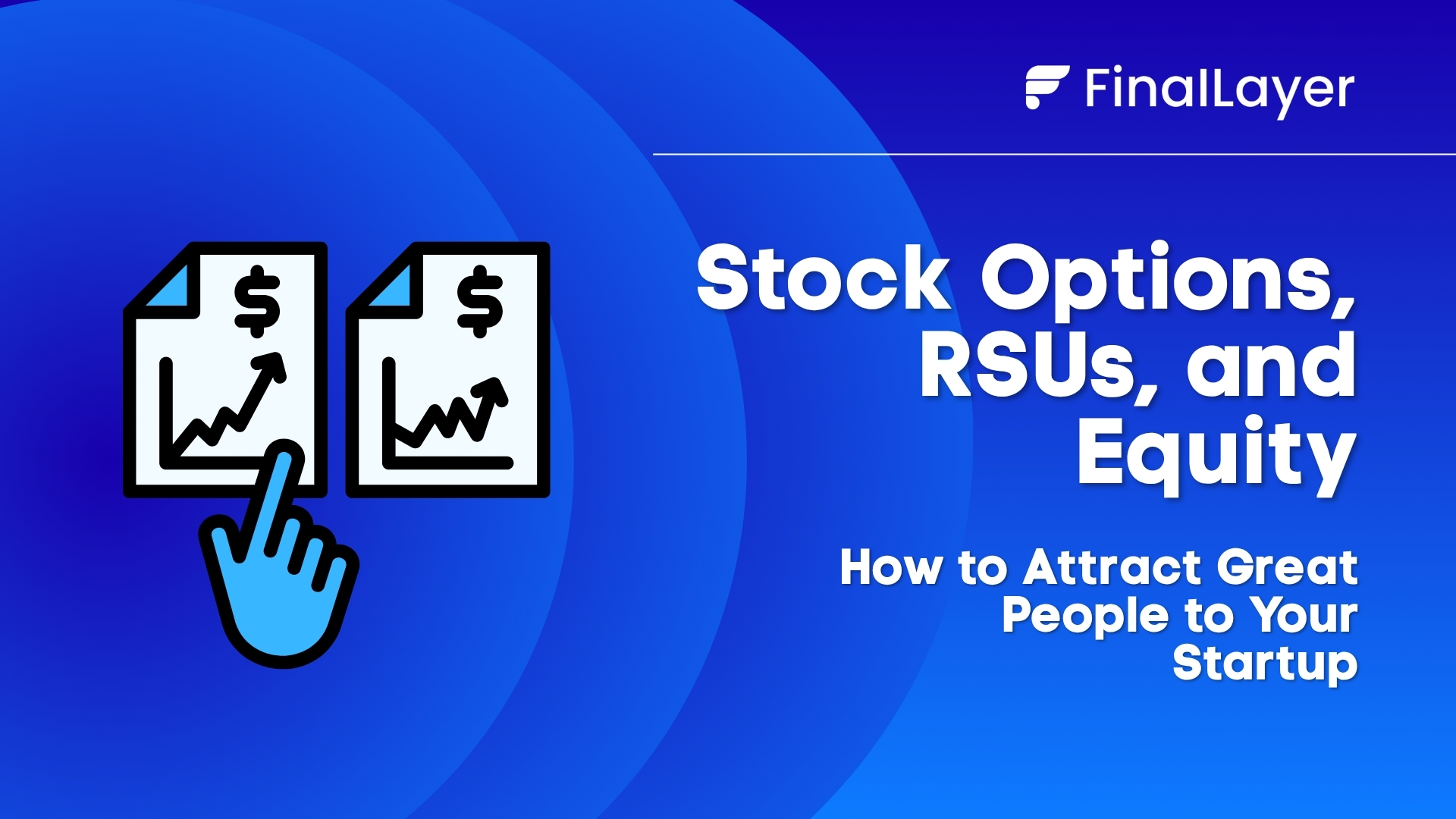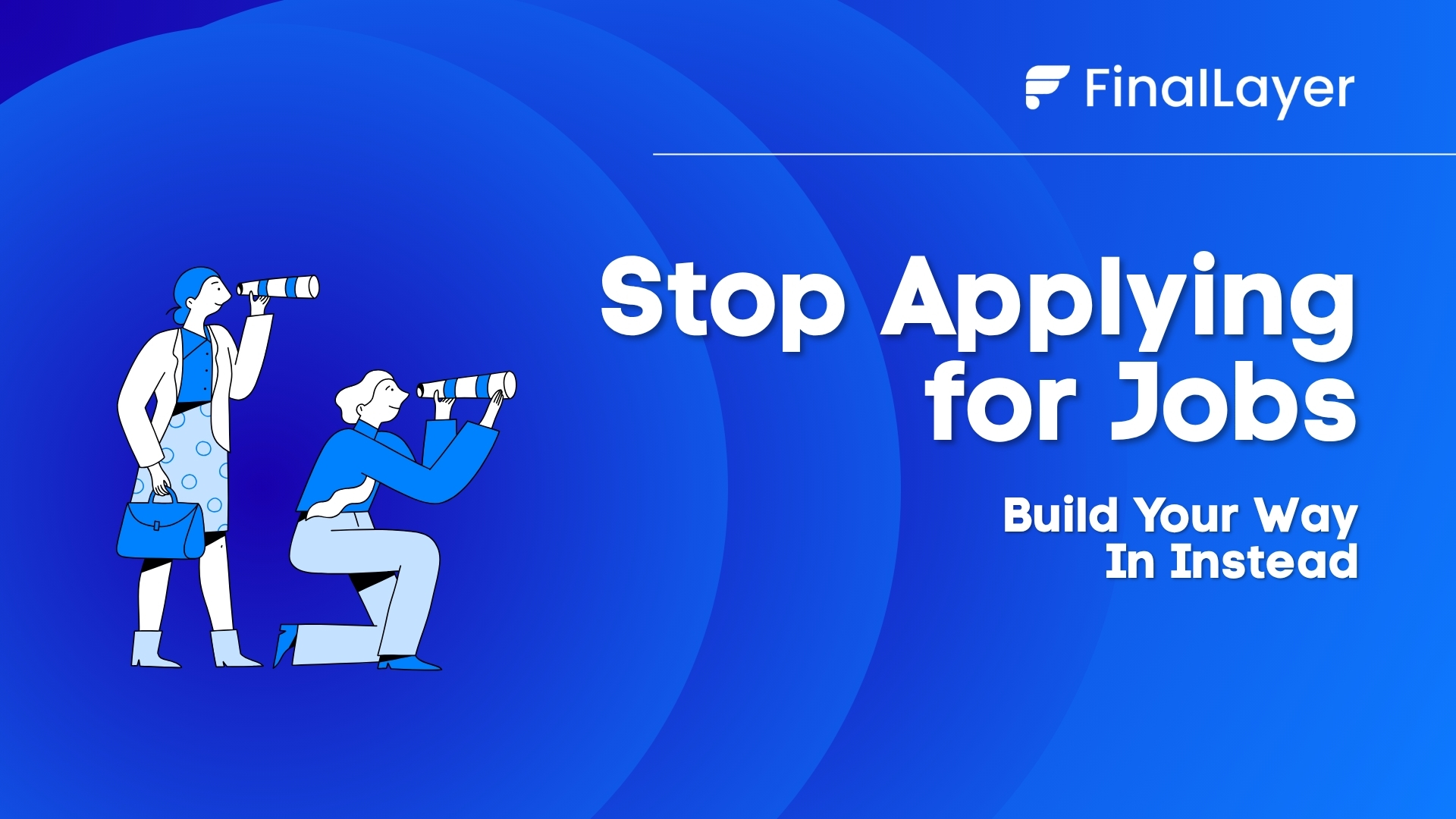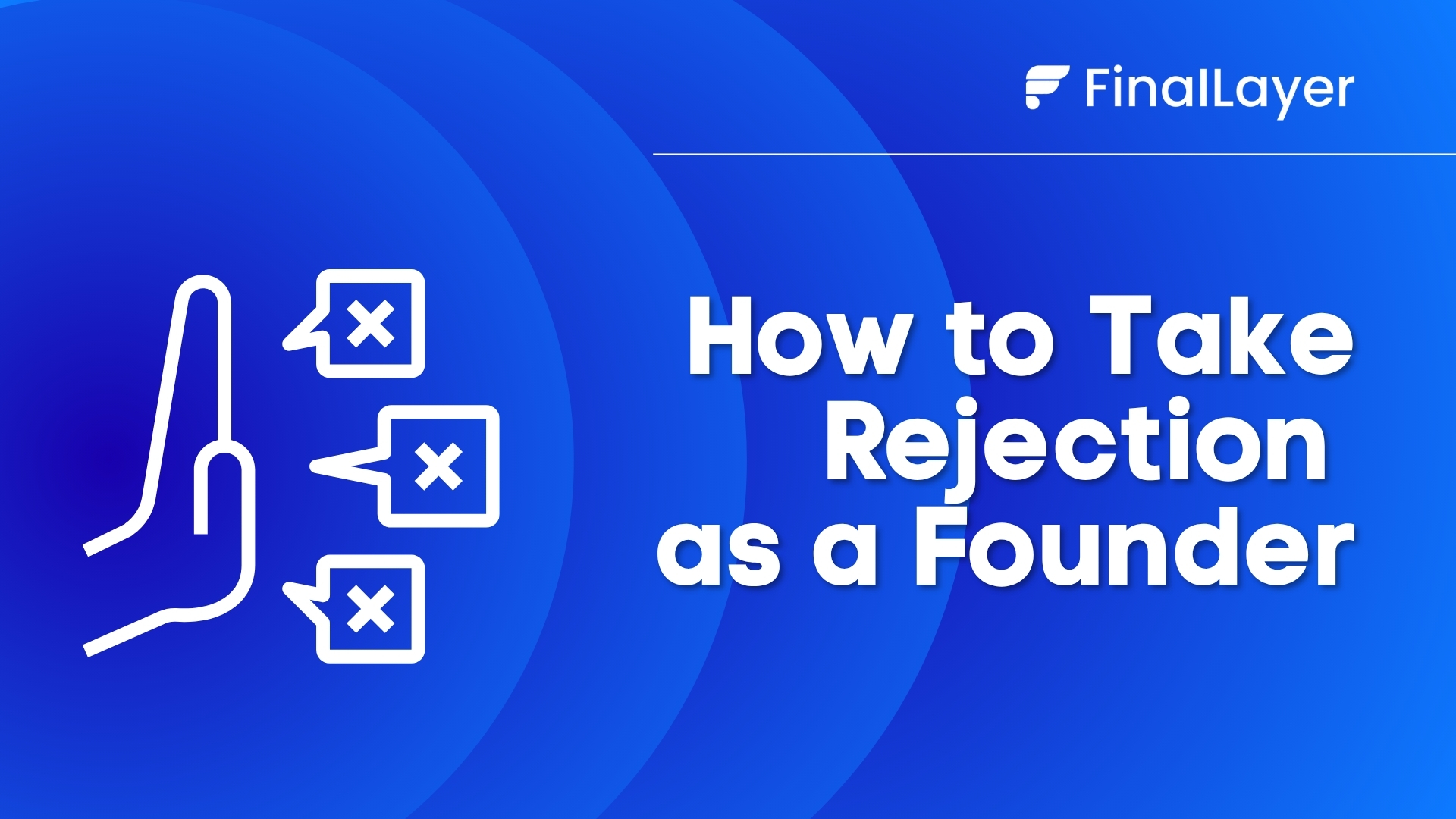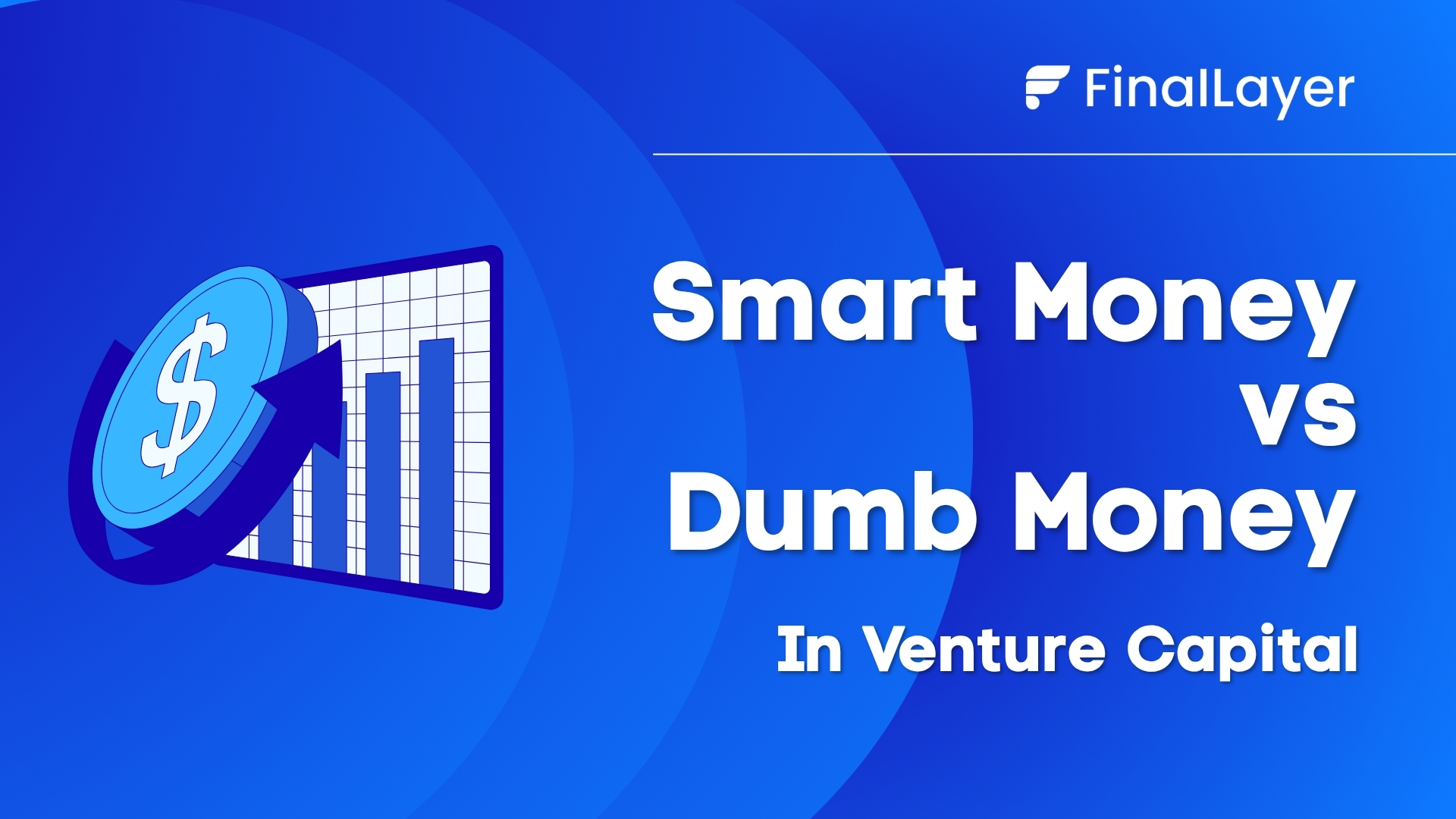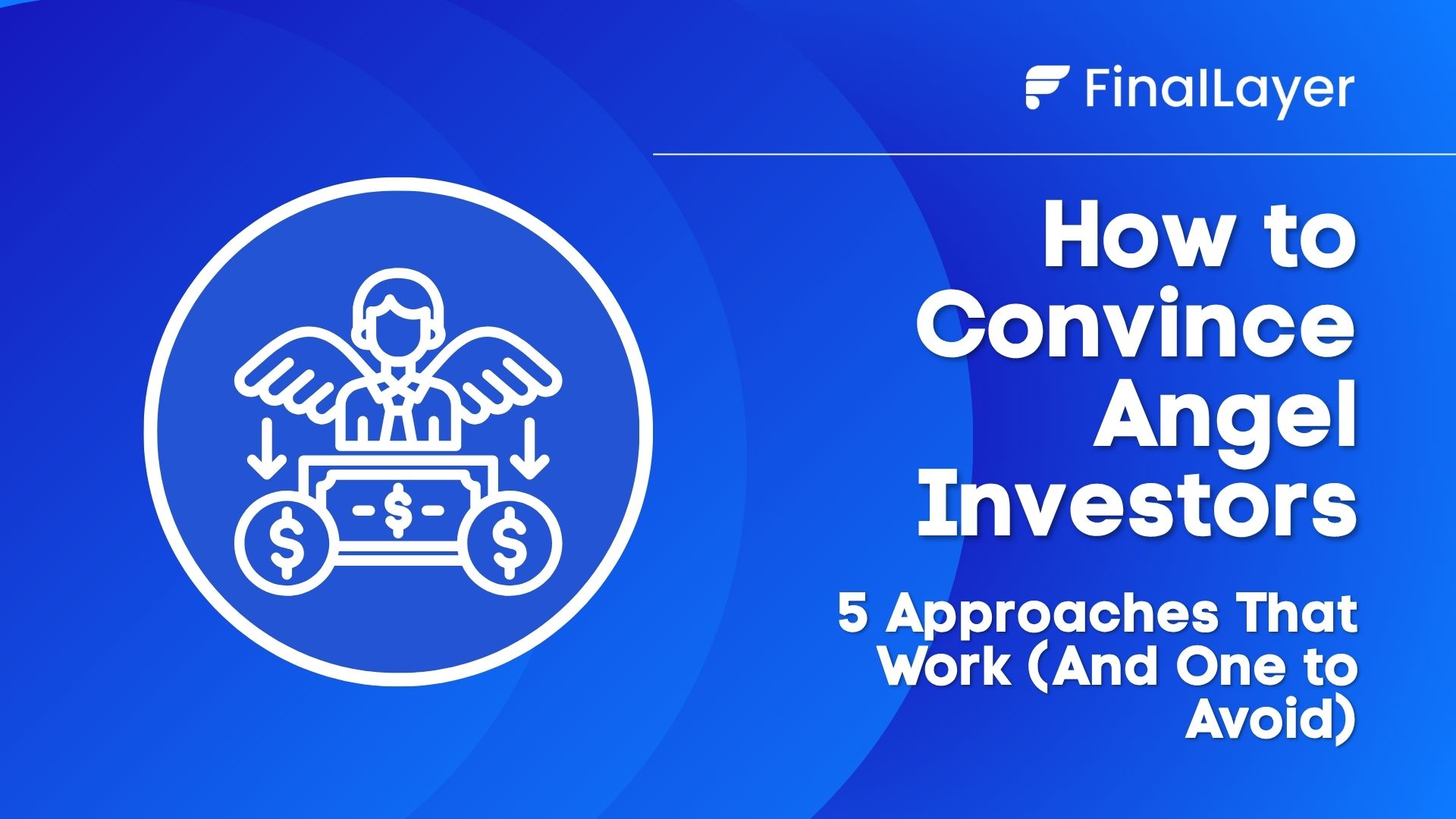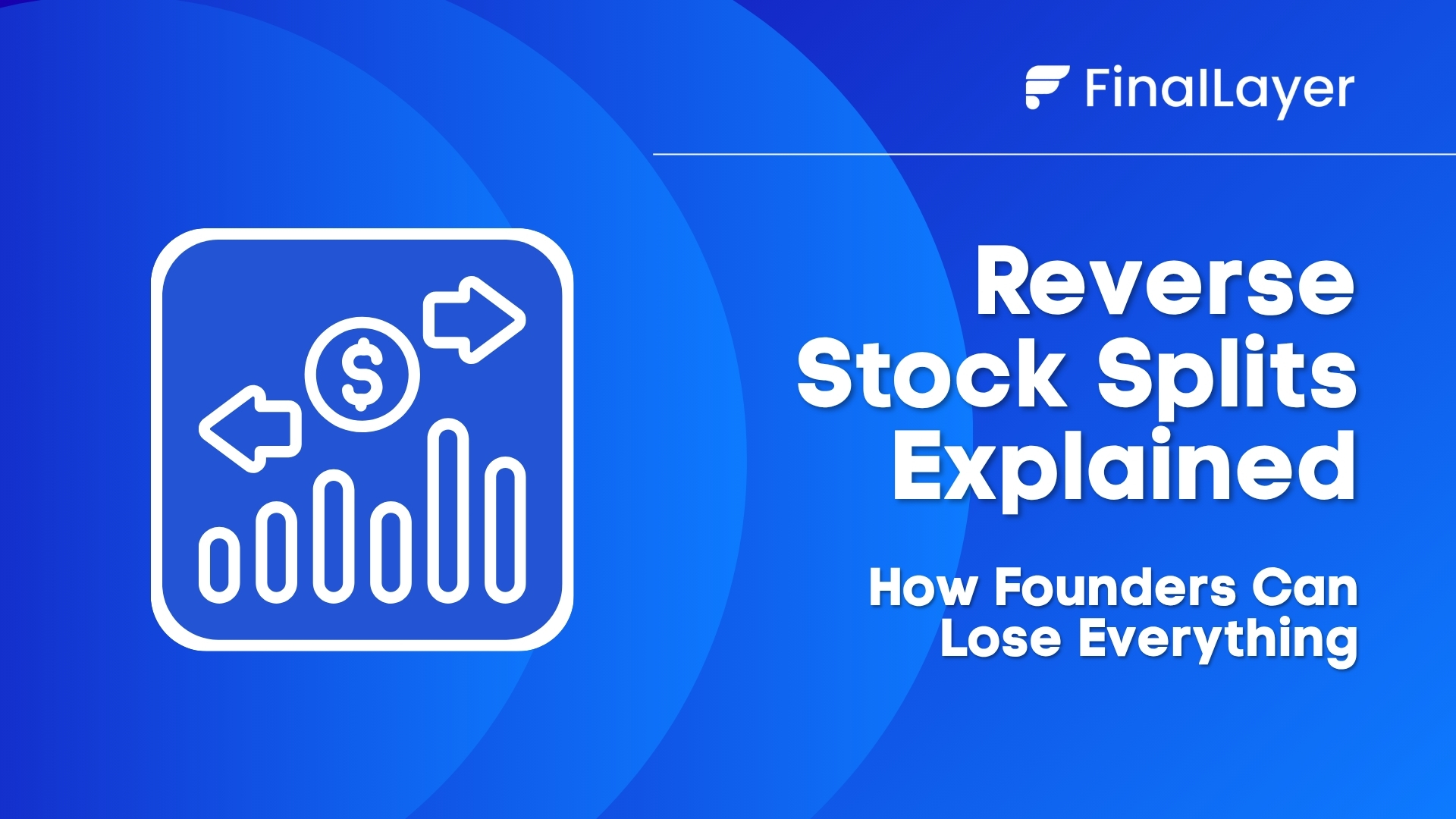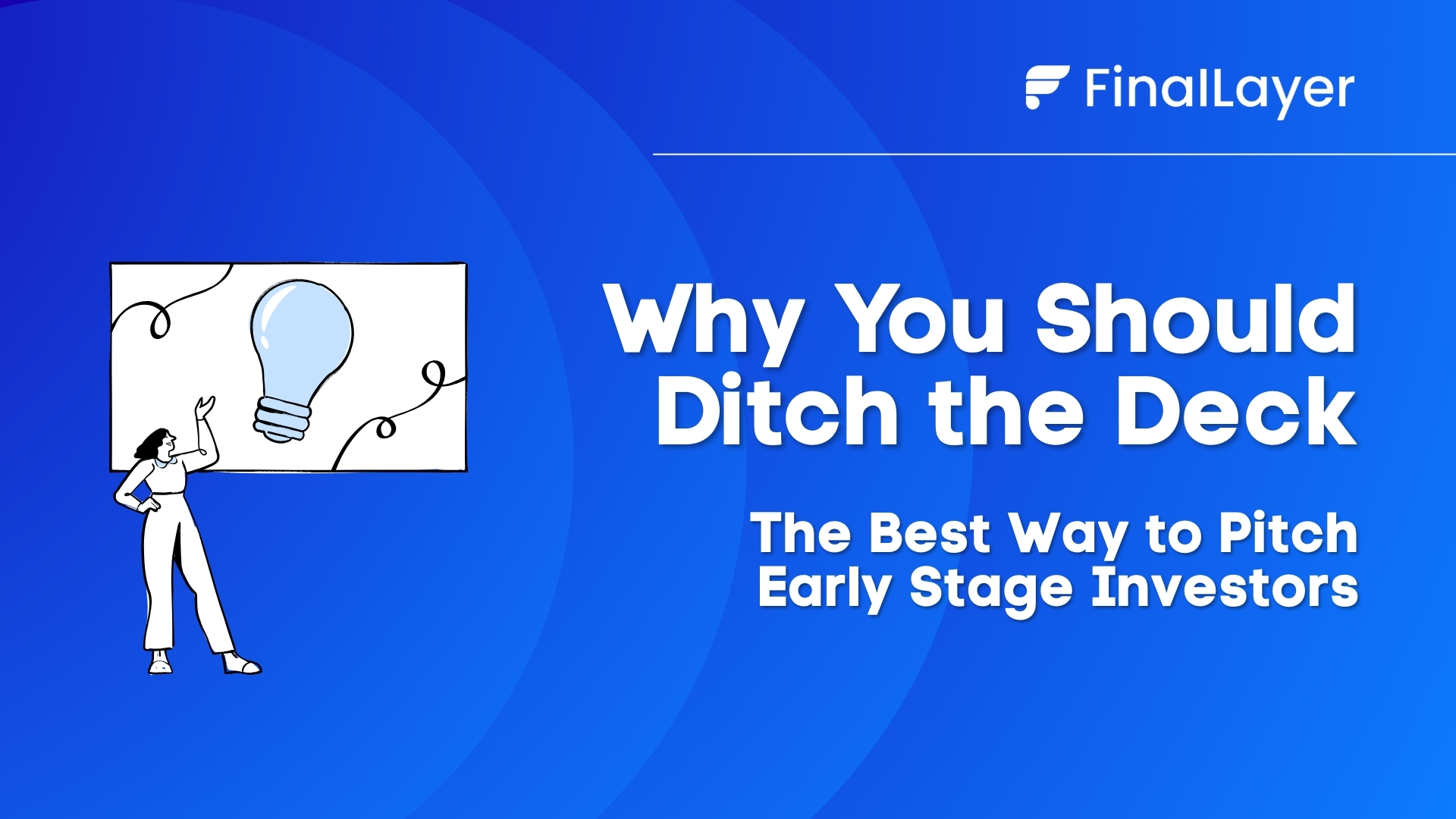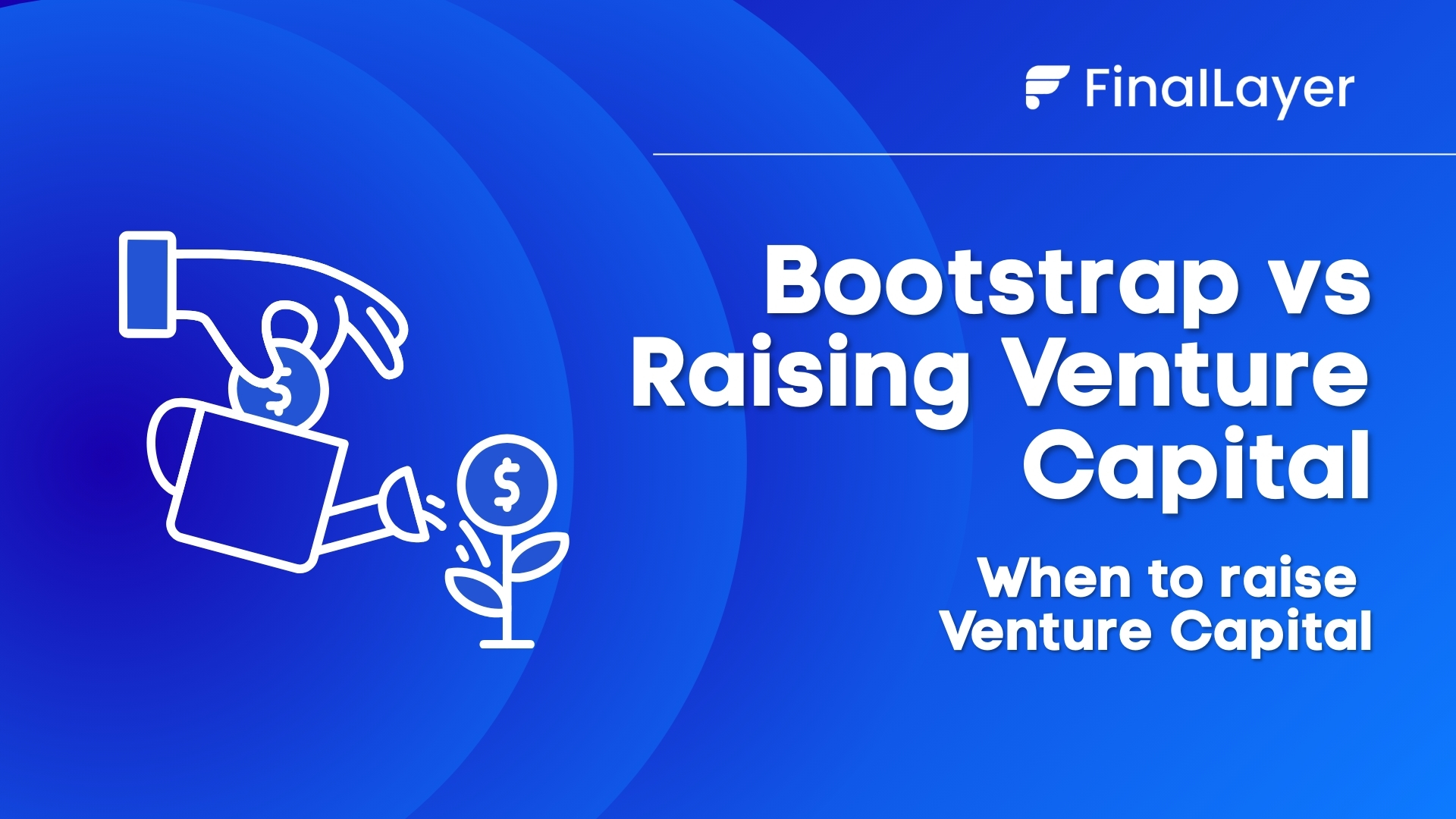Understanding how to answer the exit strategy question from investors is critical because it's fundamentally a test of your commitment rather than a straightforward request for information. The exit strategy question appears in nearly every investor conversation, and there is no single good answer because what VCs want to hear differs dramatically from what angel investors expect. Investors ask about your exit strategy to determine whether you're passionate about the mission or just looking for quick money, whether you'll exit at the first offer or stay committed long-term, and whether your timeline aligns with their fund economics. Knowing how to navigate the exit strategy question effectively means understanding what different investor types need to hear while staying authentic to your own vision for the company's future.
Why Investors Ask This Question
When an investor is asking you what your exit strategy is, they're testing you. They're trying to figure out several critical things about your mindset and commitment. Is this really your passion? Are you just doing this for money? Are you going to exit the minute you have the first offer? Are you going to be actively looking to sell the company?
Understanding that this is fundamentally a test rather than a straightforward information-gathering question changes how you should approach your answer. The investor isn't actually interested in your detailed five-year exit plan. They're interested in understanding your motivations and whether those motivations align with what they need as an investor.
And depending on who that investor is, the right answer is actually different. This is what makes the question particularly challenging for founders who are meeting with diverse investor types.
What VCs Are Looking For
Most VCs will want to know that you're in it for the long term and that you are going to return anywhere between 100 to 1000X on their investment. These aren't arbitrary numbers. They're driven by the fundamental economics of how venture capital funds work.
At the pre-seed level, VCs are looking for a 1000X return. This might sound absurdly ambitious, but remember that most pre-seed investments will fail completely, so the winners need to return enough to cover all the losses and still generate meaningful fund returns. At the seed to Series A level, they're looking for at least a 100X return. As you move beyond that stage, they may be looking for a 10X return or more.
To put this in concrete terms: if a VC is investing in you at a $10 million valuation and you're going to tell them that someone might buy you out for a $100 to $200 million valuation a few years from now, they're not impressed. That represents only a 10-20X return, which doesn't meet their fund economics. They need you to be thinking much bigger than that.
The Angel Investor Perspective
With angel investors, on the other hand, it's a different story entirely. Some angel investors are in fact looking for short-term liquidity, at least in the three-year time frame. This makes sense when you consider that angels are often investing personal capital rather than managing a structured fund with a long time horizon.
So these angels actually want to hear that you are going to be open to an acquisition if it comes your way. Or they may even want to hear that you want to actively go look for acquisition once you achieve a certain level of growth. This is the complete opposite of what most VCs want to hear.
When you're pitching to angel investors, understanding their exit expectations helps you frame your answers appropriately while still maintaining authenticity about your long-term vision.
A Word of Caution About Short-Term Angels
A word of caution: such angels are not the greatest for your cap table, so if you can avoid it, you should. Why? Because when you raise your next round from VCs who expect long-term commitment, having angels on your cap table who are pressuring for a quick exit creates misalignment. This tension can become a real problem when acquisition offers come in that would satisfy your angels but disappoint your VCs.
The Five-Year Fund Horizon Problem
Occasionally, there will even be funds who have a five-year horizon in terms of measuring ROI. And if they don't see a path to exit with a reasonable valuation within five years, they wouldn't want to invest. The challenge here is that 100 to 1000X growth in valuation in five years is incredibly difficult to achieve. Most truly massive outcomes take longer than five years to materialize.
This creates a fundamental mismatch between what the fund structure demands and what realistic startup timelines look like. Being aware of these constraints helps you understand why some investors might pass on opportunities that seem otherwise compelling.
Developing Your Own Exit Philosophy
So what then is the right exit strategy answer? Before we talk about the answer you should give investors, founder to founder, you should really have some idea of what you want to do. That said, everything is unpredictable. You can't even predict what's going to happen three months from now in a startup, let alone five years from now.
But have a general sense of how long you want to be in it. Is it a matter of two to three years? Is it five to seven years? Is it 10 years? Is it as long as it takes? Having this internal clarity helps you answer authentically while still tailoring your message to different investor types.
How to Actually Answer the Question
When you do answer, try not to stretch the truth too much in terms of tackling this with investors. Here's my framework for approaching this question.
Do Your Research First
Number one, do some research on who the investor is before you take the meeting. Look at their portfolio. Understand their philosophy. If their portfolio companies have all had exits within three to five years, or if they talk about secondary opportunities and shorter time horizons, then you know that they are more short-term focused.
When it comes to angel investors, if they have not been an entrepreneur themselves, it is safe to assume that most of them are actually looking for a shorter term liquidation. Angels who haven't built companies themselves often don't fully appreciate how long it takes to build something truly valuable.
My Current Approach
Here's my take on exit strategy these days. We are building for the long term, staying focused on product, team building, and customer satisfaction. That's what we're focused on right now.
When we reach the right metrics, I believe that exit opportunities will present themselves and we will evaluate it at that time. Remember: companies are bought, not sold. So the best type of acquisitions are inbound interests that come from building something valuable, not from actively shopping your company around.
Just build a great company with great economics. This answer works well because it demonstrates long-term commitment while acknowledging that you're pragmatic enough to evaluate opportunities when they arise. It satisfies VCs who want to see ambition and commitment, while not completely alienating angels who might want to see returns sooner.
The Fundamental Truth
The reality is that if you build something truly valuable, acquisition interest will find you. The companies that get acquired for meaningful amounts are almost always approached by acquirers, not the other way around. Focusing on building that value is always the right strategy, regardless of what any investor wants to hear about your exit timeline.
Understanding the difference between smart money and dumb money also helps you identify which investors will support your long-term vision versus those who might pressure you for premature exits.
At FinalLayer, we're building for the long term with a focus on creating something that fundamentally changes how professionals build their online presence. We'll evaluate opportunities as they come, but our primary focus is on building a great product with great economics. That's the only exit strategy that consistently works.
If you want to discuss fundraising strategies and investor questions with other founders, join our founder's Slack community where we share experiences and advice on navigating investor conversations in the Founder Resources tab.
